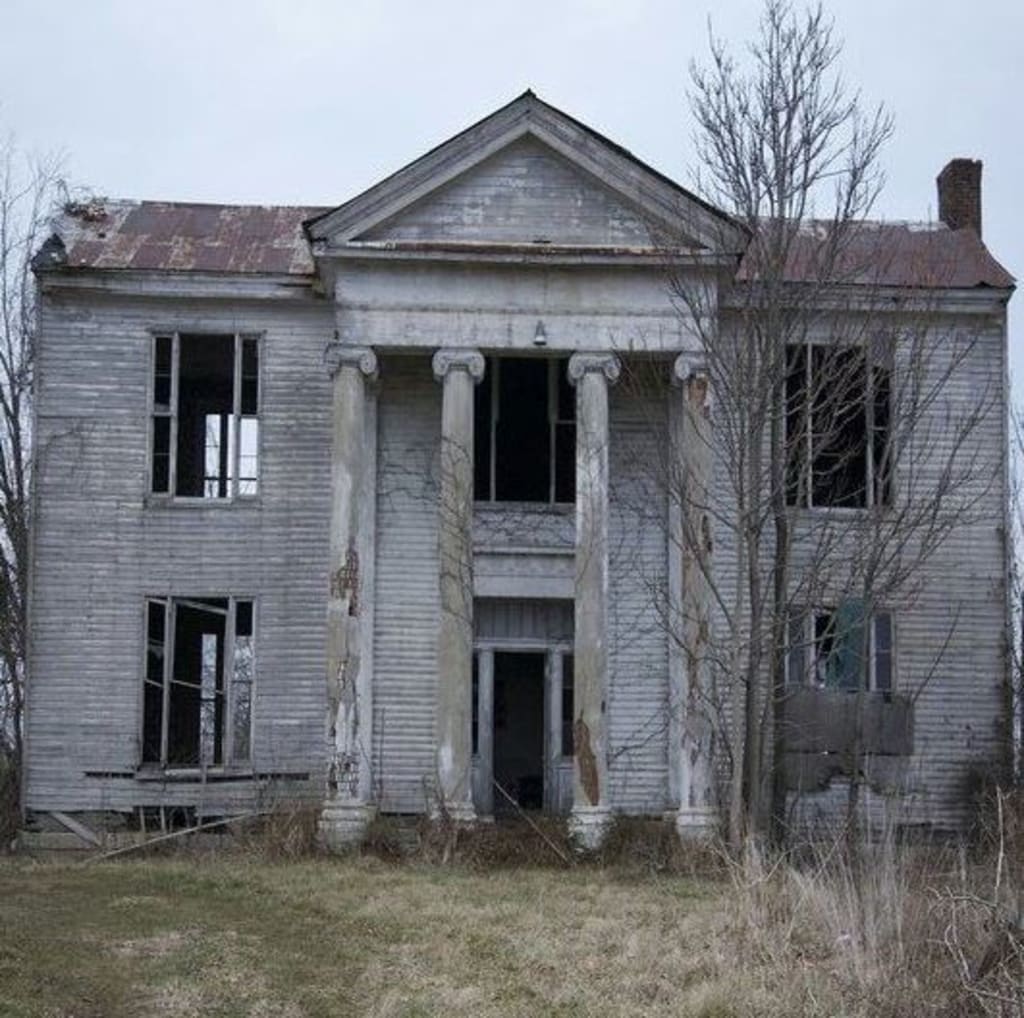Confederate Gold
and the Little Black Book

The young couple had just purchased the old house in Winchester, Virginia and were overwhelmed by the restoration process. The house looked like it would collapse if they removed one nail from the wall, but they continued the work, it was a labor of love. As Amanda and her husband Mike pulled the old pine mantle away from the deteriorating fireplace, a small black book fell to the floor. Amanda read the last entry which was dated July of 1865. "I, Edward Tidball, owner of the house "Linden" declare that I and James Semple did indeed take the gold of the Confederate Treasury. With this fortune, I built this home, but I have left the rest of this gold to the one who now reads this passage. Fair well, and maybe this treasure will absolve me in the eyes of those who fought for the lost cause. The following page has the location as four bags are buried on the property." Amanda looked at Mike, the page with the location was gone...it had dissolved into dust over time.
One hundred and sixty years prior, two men loaded the last of the twelve heavy bags under the seat of an old wagon. It was May 4, 1865 and they had just moved the Confederate Treasury from Richmond, Virginia to Washington, Georgia as the Union army was pressing near. As James Semple and Edward Tidball climbed onto the wagon and began their journey, Tidball took out a small black book and recorded that $86,000 worth of gold was stowed away.
The men were tasked to take the gold to the coast near Savannah and load it onto a ship bound for the commercial house of Fraser, Trenholm & Company in Liverpool, England. The gold would be held there in case the Confederate government found its way out of the US. Yet, by the time Semple and Tidball reached South Carolina, they had decided that they would never make it, the Union army was closing in. Art a crossroads in Northeast Georgia, they split the gold, untethered the horses and parted ways.
James Semple would be captured on the main road to Charlotte, North Carolina. Edward Tidball travelled the old roads through the swamps. When possible, he would meld with groups of ex-confederates who were paroled and heading home. Tidball would eventually make it back to his home in Winchester and he would use the gold to build a beautiful home called "Linden." Locals would gossip and question his ability to build such a home when the south was so destitute. The local citizens believed he was a spy and on the "yankee" payroll. Tidball would live out his entire life at "Linden" and he would bury the gold near a Paw Paw tree in four burlap sacks. Later in life, he suffered with a long illness and finally died of cancer in 1888...yet he made one last entry in his little black book. He then placed it between the mantel and wall.
Amanda and Mike are still digging holes on the grounds of their the 23 acre estate to this day. They have tried metal detectors, ground penetrating radar, and even a local man who says he can find gold using a forked stick. Nothing has been found.
Edward Tidball is buried on a small hill behind the property, watching over his home and maybe wondering when his treasure will be found.





Comments
There are no comments for this story
Be the first to respond and start the conversation.